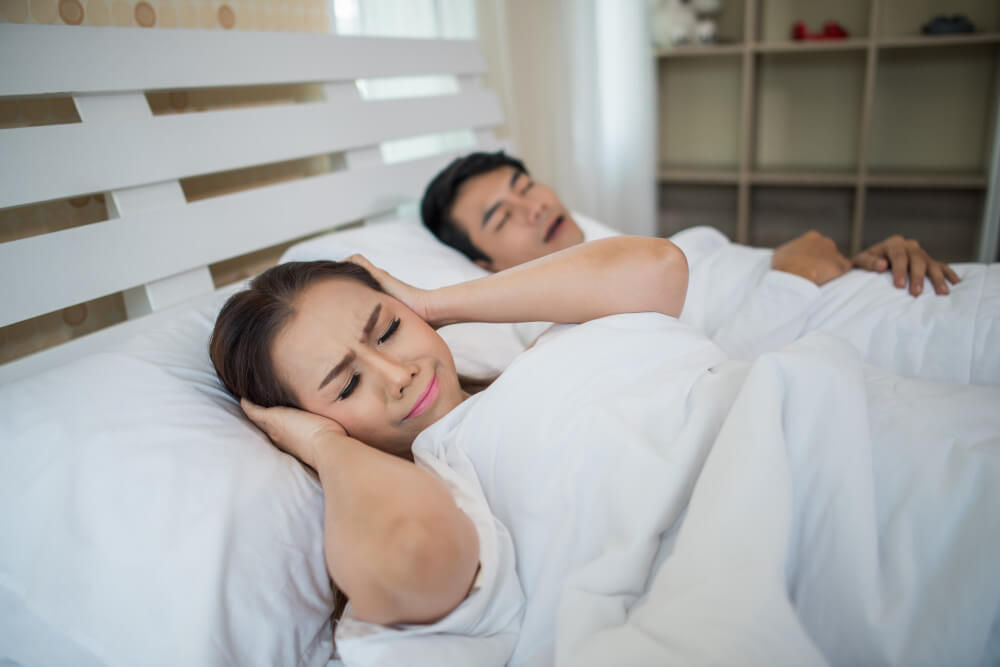Sleep Apnea: Sleep Soundly Without Pills! Treatments & Natural Solutions
Sleep – a vital part of our existence, a time for our bodies to recharge and our minds to consolidate memories. Yet, for millions of people, a good night’s sleep remains elusive. Disrupted by the constant rumble of snoring, they may be experiencing not just a social nuisance, but a more serious condition: sleep apnea.
This article delves into the world of sleep apnea, a condition characterized by pauses in breathing during sleep. We’ll explore the symptoms, potential causes, and the limitations of sleep medication as a solution. However, fear not! We’ll also unveil a range of effective treatments and natural remedies that can help you achieve restful sleep and wake up feeling refreshed, all without relying on pills.
Understanding Sleep Apnea: More Than Just Snoring
Snoring, the rhythmic rasping sound during sleep, often gets a bad rap. While it can be disruptive, occasional snoring doesn’t necessarily indicate a health problem. However, sleep apnea is a more serious condition characterized by repeated episodes where breathing stops and starts during sleep. These pauses can last for seconds or even minutes, leading to oxygen deprivation and a series of physiological responses.
Symptoms of Sleep Apnea:
- Loud snoring, often described as gasping or choking sounds.
- Witnessed apneas: A partner observing periods where breathing stops and starts.
- Excessive daytime sleepiness: Feeling tired and fatigued even after a full night’s sleep.
- Morning headaches: Frequent headaches upon waking can be a sign of sleep apnea.
- Difficulty concentrating: Sleep deprivation can impair cognitive function and focus.
- Restlessness or frequent urination during sleep
Sleep Apnea and Sleep Medication: A Flawed Relationship
Sleep medication can be a helpful tool for occasional sleep problems. However, it’s not a long-term solution for sleep apnea. Here’s why:
- Treats the Symptom, Not the Cause: Sleep medication helps you fall asleep faster or stay asleep longer. However, it doesn’t address the underlying issue causing sleep apnea the blocked airway.
- Potential for Dependence: Using sleep medication for extended periods can lead to dependence, making it difficult to fall asleep without the medication.
- Risk of Side Effects: Sleep medication can cause drowsiness, dizziness, and other side effects that can impact your daily life.
Treatment Options for Sleep Apnea: Beyond the CPAP Machine
The good news is there are a variety of effective treatments for sleep apnea that don’t involve medication. Here are some common options:
- Continuous Positive Airway Pressure (CPAP): The gold standard for sleep apnea treatment, CPAP machines deliver a constant stream of air through a mask to keep your airway open during sleep. While sometimes considered cumbersome, modern CPAP machines are quieter and more comfortable than ever.
- Oral Appliance Therapy: These custom-made mouthpieces gently shift your jaw forward, widening the airway and reducing obstructions. This option can be effective for mild to moderate sleep apnea and is often preferred for those who find CPAP therapy uncomfortable.
- Surgery: In some cases, surgery may be recommended to remove excess tissue or reshape the airway. This option is typically considered for severe sleep apnea when other treatments haven’t been successful.
Natural Remedies to Improve Sleep Quality with Sleep Apnea
In addition to the above treatments, incorporating natural remedies into your lifestyle can significantly improve sleep quality and potentially reduce sleep apnea severity.

- Lifestyle Modifications:
- Weight Management: Losing excess weight can help reduce pressure on your airways and improve breathing during sleep.
Avoid Alcohol and Smoking: These substances relax the muscles in your throat, worsening airway collapse. - Regular Exercise: Regular physical activity can improve sleep quality, but avoid strenuous workouts close to bedtime.
- Manage Allergies and Congestion: Treating allergies and congestion can help keep your airways open and reduce sleep apnea symptoms.
- Weight Management: Losing excess weight can help reduce pressure on your airways and improve breathing during sleep.
- Creating a Sleep-Friendly Environment:
- Optimize Sleep Hygiene: Develop a regular sleep schedule, create a relaxing bedtime routine, and ensure your bedroom is dark, quiet, cool, and clutter-free.
- Elevation Therapy: Elevating your head slightly during sleep can help keep your airways open.
- Natural Sleep Aids:
- Melatonin: This hormone regulates your sleep-wake cycle and may help you fall asleep faster. However, it doesn’t address the underlying cause of sleep apnea.
- Supplements: Certain vitamins and minerals, like Vitamin D and magnesium, may promote relaxation and potentially improve sleep quality. However, consult your doctor before taking any supplements.
Important Note: These natural remedies should be used in conjunction with conventional sleep apnea treatment, as recommended by your doctor.

